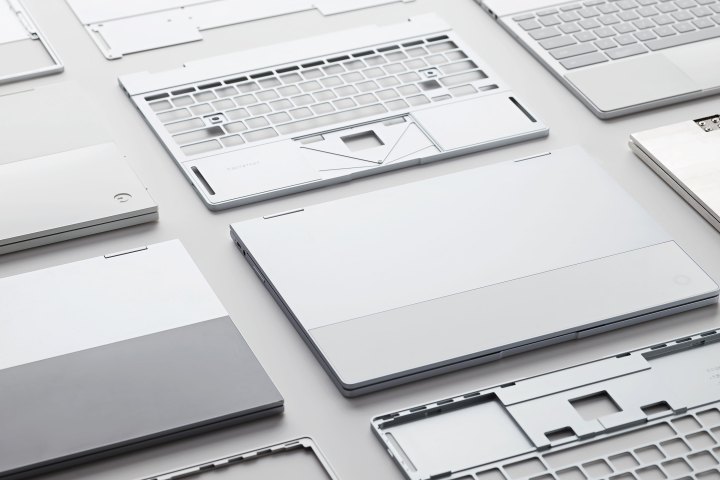
The fancy Google Pixelbook painted a rosy picture for the future of the Chromebook when it launched. Yes, it was a bit too expensive given the limitations of Chrome OS, but the software has evolved quite a bit over the past couple of years. Now there was some premium hardware to match.
But if you believe the recent reporting around the matter, we may never see a true follow-up to the high-end Chromebook. Google has never been afraid to kill projects, and its Chrome OS hardware might be next. And that might not be as big a blow as you may think.
The beginning of the end

Recently, a report surfaced from Business Insider claiming the laptop and tablet team within Google’s hardware division would be scaled back. Google hasn’t confirmed the story, but it seems to be true. The company has reportedly reassigned dozens of employees from the laptop and tablet team as part of “roadmap cutbacks.” Included in the reassignment are hardware engineers, technical program managers, and support program managers. In other words, all the things you need to keep a computer hardware product line moving forward.
The report doesn’t indicate what projects were canceled, but it was clear that several laptop and tablet projects were given the axe. As far as we know, that could be anything from the Pixelbook 2 to a brand new product in the line.
This report comes around five months after Google announced its latest entry in that lineup, the Pixel Slate 2-in-1 — which was less a follow-up to the original Pixelbook, and more a sidestep. It felt premium in the same way the Pixelbook did, but its detachable keyboard made for a very different experience. It leaned as heavily on its Android app support as it did on web applications, continuing the shift of Chrome OS towards
Unlike the Pixelbook, the Slate wasn’t well-received. The success of a great 2-in-1 hinges heavily on software, and that continued to be an issue months down the line. Stitching together Chrome OS and
The future of the Pixelbook

Before we officially pour one out for the future of the Pixelbook, we should explore the chance that a new model could still be released. As of now, we don’t know for sure that the highly-rumored sequel is completely dead.
Signs had been pointing to a spring release — or possibly even a showing at Google’s I/O developer conference in May. The device was said to have some visual updates, like thinner bezels and a
Even if the Pixelbook line is dead, that doesn’t mean Chrome OS has met its end. The software is handled by a separate team, and Google has actively supported its platform through third-party manufacturers such as Lenovo, Dell, Samsung, and HP. These manufacturers have even taken Chrome OS up-market, releasing more expensive models like the HP Chromebook x2. Just about every manufacturer has a higher-end Chromebook in the lineup, and Lenovo even has a Chromebook with a
For those of us that hoped Google would continue to invest in Chrome OS, the ramifications of these reports are disappointing. The Pixelbook was a unique laptop, especially in its aesthetic. But until we learn more, we can at least trust that Dell, Lenovo, and HP will keep the party going on their own.
Editors' Recommendations
- Google is changing everything you know about Chromebooks
- The Framework Laptop Chromebook costs $1,000, but it might be worth it
- Editing video on Chromebooks just got a lot easier
- Chromebooks could soon borrow Window 11’s best multitasking feature
- I switched to a Chromebook for a week. Here’s what surprised me as a Windows user


